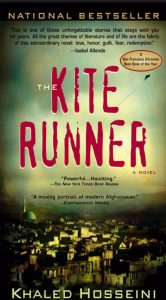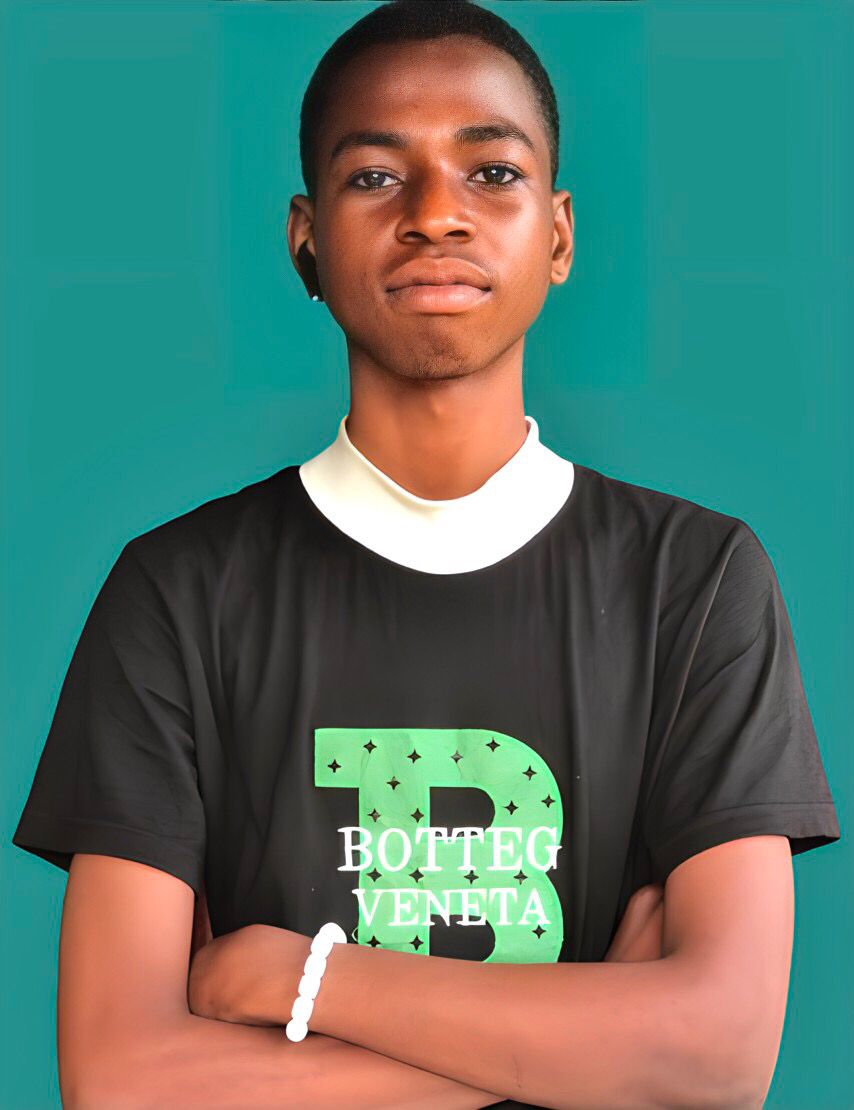Book: The Kite Runner
Author: Khaled Hosseini
ISBN: 0-7865-6473-3
Year of Publication: 2003
Reviewer: Sunday T. Saheed
One could begin the analysis from the brief flashback that introduced Amir as a fugitive of his childhood mistakes, or Rahim Khan’s call to teach Amir a way to be good again, or Baba, or Ali, or Kabul, or one could just start with the friendship of Hassan and Amir.
Khaled Hosseini’s The Kite Runner is a fictional novel revolving around different themes with loaded epiphanies. One could begin, like a falsetto, raising its cadence into jingles, the next one louder than the previous — of the father-to-son relationship, of the crossfire each character is caught in, of their exposure to the brutal and unforgiving nature of the world, the invasion of the Taliban, Afghans’ perspective of the world, revolutions, wars, extremism, oppression, and homosexuality. For a novel of such length, Khaled Hosseini made such good efforts to make an expansion of every single theme he introduced in the book.
The book tendrils into a flashback of Amir and Hassan’s friendship, which is partially unrequited from Amir’s side. On one side, the book drowns you in the thought that it had been compressed into revolving around the personal lives of Amir—being the persona who owns the voice in the book— or Hassan’s servant-to-master friendship with Amir, Ali’s polio, Baba’s afghan honour and pragmatic thinking, or the kite running. Yes, the kite running. But it’s more than that.
Khaled Hosseini infuses the art of kite-running both connotatively, and denotatively. The connotation: the emergence/ascent of the Taliban like a kite into Afghanistan, snapping lives & peace like other kites, off the country. The denotation: the literal kite-running that is more of a culture than a game in the book. In the same tournament, Amir was able to prove his worth to his father even if it means watching his friend servant raped by Assef—the rascal with the brass knuckles. These revealed Khaled’s mastery of plot arrangements in congruence with his title. Perhaps, the fact that he mentioned plot holes through Hassan might be deliberate after all.
One of the commendable qualities of The Kite Runner will be its struggle at bringing history right to your feet in vivid imagery. Say, the first time I probably knew about the Hazaras and their harelipped faces will be from the book; about the Pashtuns, about the Shi’a, about the Sunni Muslims, about how Amir became another Pashtun continuing the history of the annihilation of a Hazara(Hassan), even if it was indirectly.
One could probably argue that the book will be a complete tragedy if it hadn’t ended with Sohrab plastering a smile on his lips. There were, at least, three major plot twists that came with whatever word has itself has the opposite of catharsis: the scene where Hassan was raped; the scene where Amir framed Hassan; the scene where Sohrab—Hassan’s son—almost died. In sequence, it is as though each chapter inherits the previous chapter’s grief to widen it even more.

Hassan’s tragic end in the book despite his sweetness is similar to Vivek in Akwaeke Emezi’s The Death of Vivek Oji; Nhamo in Tsitsi Dangarembga’s Nervous Conditions and Kweku Sei in Taiye Selasi’s Ghana Must Go; all with different circumstances, and qualities while their similarity is their abrupt end. His Hazara heritage probably came with the understanding that it is not everything that life throws at you you throw back. This might be the reason he didn’t throw the pomegranates Amir hit him with right back at him.
In the initial chapters of the book, Amir was introduced as a disgusting character, plain as that. There was not much difference between Assef and him. Or perhaps, there is. There is a difference between him never living up to his own mistakes till Hassan’s death.
There is a distinct rhythm in the motifs in the book. Sometimes, it comes as subtle suspense; sometimes, as a twist; and sometimes, just literal. You could say, there is the case of Khaled giving Amir’s character the chance to be good again, but not Assef. There is also the case of Baba who could tear a beast with his own hands but couldn’t tear the secret of Hassan, as his child and Amir’s half-brother, to the world. All of these show that there will always be preferential treatment to some characters over some. Some characters are bound to find their ways back through the author, while some are deliberately lost by the author himself.
One of the main purposes of literary texts is its satirical feedback and its didacticism. Khaled Hosseini’s The Kite Runner opens us up to how the same kite running that separates two half-brothers joins an uncle and his nephew. It opens us up to the experience of life in Afghanistan with the rise of the Taliban.
Now, this is just personal, but a treasured want. The book was written in the first-person point of view where Amir acts as both the protagonist of the book and the narrator of the book. But yes, there’s this void that comes with the end of the book that I particularly need to be pervaded. I mean, what if we could see from Hassan’s point of view too—perhaps, he might not be so indifferent to Amir’s mistakes after all. Or, if we could see from Sohrab’s, or if it were a third-person omniscient point of view. What sensational thrums!
*********************
Sunday T. Saheed, NGP V, is a Nigerian poet, a reviewer, and an essayist. He is the author of Rewrite The Stars: a collection of poems that was listed by Konya Shamsrumi as one of the top ten books by Teen Authors in Nigeria, 2021. He is the Chairman of Ogun Hilltop Creative Arts Foundation, and a recipient of the Nigeria Prize for Teen Authors Award, 2021(Poetry Category). He currently is a student of English Language in Lagos State University, Nigeria. Sunday T. Saheed’s works have appeared or are forthcoming in magazines/journals including Rough Cut Press, Shrapnel Magazine, Brittle Paper, Eunoia Magazine, The Temz Review, Salamander Ink, Arts Lounge, The Lumiere Review, The Tint Journal, The Bitchin’ Kitsch Magazine, The Comstock Review, SprinNG, Ice Floe Press and others. He was shortlisted for the Wole Soyinka International Cultural Exchange, 2018; The Breakbread Literacy Project; Wakaso Poetry Prize and BKPW

